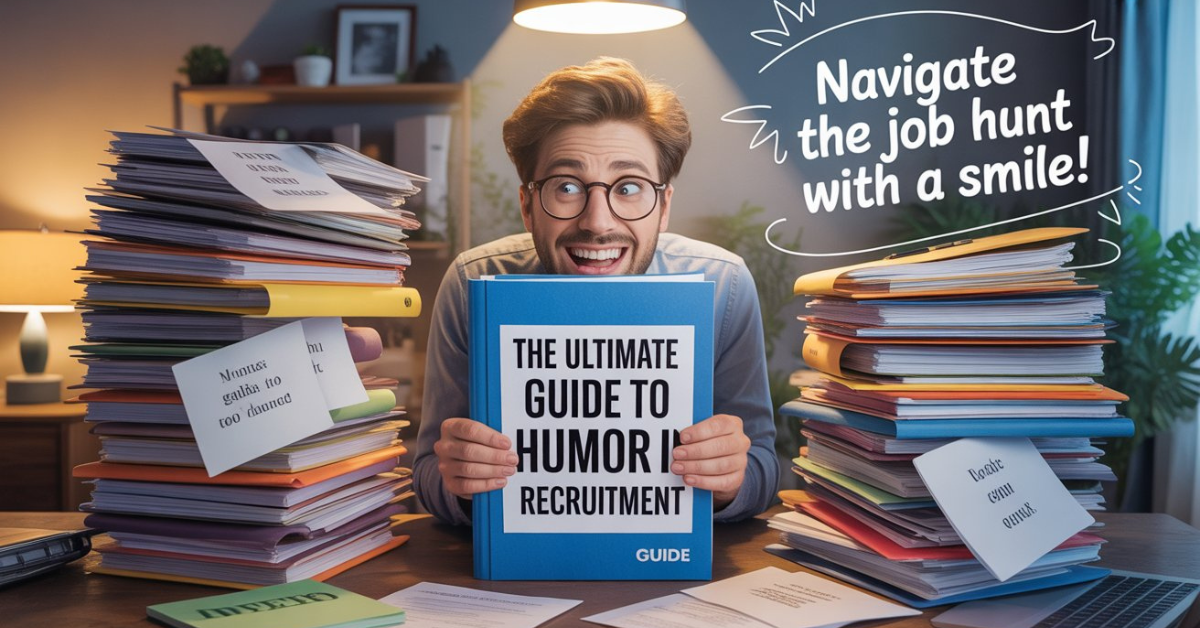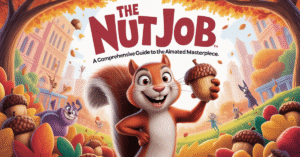In today’s digital-first environment, job application memes have evolved into a powerful cultural tool that bridges the gap between professional seriousness and lighthearted humor. As job seekers, recruiters, and hiring managers navigate the often-intimidating world of recruitment, memes provide a relatable, accessible, and humorous perspective on the process. By understanding the depth of these memes and the psychology behind them, we can see why they resonate so deeply with people worldwide.
The Rise of Job Application Memes in Online Culture
The past decade has seen a massive surge in internet memes shaping public discourse across industries, and recruitment is no exception. Job application memes have gained traction as more people share their experiences of applying, interviewing, and getting rejected—or accepted—through platforms like LinkedIn, Reddit, and Instagram. These memes capture universal frustrations such as:
- Filling out endless online forms.
- Writing the perfect resume only to hear nothing back.
- Facing automated rejection emails within minutes of applying.
- Trying to stand out among hundreds of applicants.
This humor resonates because it reflects shared struggles, making job seekers feel less alone while poking fun at the hurdles of modern hiring.
Why Job Application Memes Resonate With Millennials and Gen Z
Younger generations have grown up immersed in digital media, where memes serve as a form of communication as much as text or speech. In the context of job hunting, memes capture their voice perfectly: witty, honest, and at times sarcastic.
- Relatability: Memes about ghosting employers or endless job portals feel universally true.
- Stress relief: Applying for jobs is stressful, and humor helps alleviate anxiety.
- Community building: Sharing memes builds a sense of solidarity among job seekers.
Employers should not underestimate this trend. Understanding meme culture allows organizations to humanize recruitment efforts and appeal to younger talent pools.
Top Themes Found in Job Application Memes
Job application memes thrive on certain recurring themes because these experiences are common across industries. Some of the most popular include:
1. The Never-Ending Online Application
Memes mock application portals that demand you retype your resume even after uploading it. These jokes highlight the redundancy and inefficiency of many systems.
2. Automated Rejection Emails
Few things are more demoralizing than getting rejected minutes after applying. Memes exaggerate this reality with captions like “I didn’t even finish refreshing the page before they said no.”
3. The Interview Jitters
Nervous sweating, over-preparation, and unexpected curveball questions often become the subject of viral memes. Humor softens the high-pressure nature of interviews.
4. The “Experience Paradox”
One of the most shared meme categories is the requirement of “5 years of experience for an entry-level job.” These memes emphasize the unrealistic standards often placed on job seekers.
5. Ghosting and Silence
Not hearing back from companies fuels thousands of memes that capture the hopelessness of waiting. It’s a pain point universally understood.
How Recruiters Can Leverage Job Application Memes
While memes are primarily a form of humor, smart recruiters and employers can use them strategically. Incorporating meme culture into hiring content can create a sense of relatability and modernity.
- Employer Branding: Sharing lighthearted memes on official channels portrays companies as approachable and in touch with reality.
- Engagement: Memes generate more likes, shares, and comments than traditional corporate job postings.
- Recruitment Marketing: Humor can capture candidates’ attention in a crowded job market.
When done right, meme-based content can significantly improve candidate engagement rates and enhance an employer’s reputation.
Psychological Impact of Job Application Memes
At their core, memes are more than humor—they provide psychological validation. When job seekers see a meme that reflects their struggle, they feel:
- Acknowledged: Their challenges are real and widely shared.
- Encouraged: They realize others are enduring the same rejections.
- Motivated: Humor can transform discouragement into resilience.
In this way, memes play a therapeutic role in the job search journey, fostering resilience and positivity.
The Psychology Behind Job Application Memes
At their core, memes about job applications are more than jokes—they are a form of coping mechanism. Job hunting is often stressful, discouraging, and emotionally draining. Humor provides a psychological outlet.
-
Shared humor reduces stress – Seeing others laugh about the same problems makes individuals feel less isolated.
-
Laughter builds resilience – Humor allows job seekers to continue applying, even after repeated rejections.
-
Memes serve as subtle motivation – They validate the struggles while encouraging perseverance.
Thus, memes function not only as entertainment but also as a form of emotional support.
Job Application Memes and Social Media Virality
Platforms like Twitter, TikTok, and Instagram have amplified the reach of job application humor, with hashtags such as #jobapplicationmemes and #jobsearchhumor trending regularly. Memes that poke fun at cover letters, recruiter messages, or unrealistic job postings often go viral within hours.
This virality ensures that job application memes are not only entertainment but also cultural commentary, shining light on systemic flaws in hiring.
Memes That Recruiters Should Avoid
While memes can be powerful tools, companies must be careful. Not all jokes are suitable for professional contexts. Some pitfalls to avoid include:
- Insensitive humor: Jokes about layoffs or unemployment can come across as cruel.
- Exclusionary content: Memes should resonate broadly, not alienate.
- Overuse: Posting too many memes without meaningful recruitment content can dilute a brand’s professionalism.
A balanced strategy—mixing humor with valuable insights—works best.
Examples of Popular Job Application Memes
Here are some meme formats that dominate the online landscape:
- The Distracted Boyfriend Meme: Job seeker ignores their current job while longing for “dream companies.”
- Drake Hotline Bling Meme: Rejecting a bad cover letter template while approving the creative one.
- Office Space References: Memes mocking pointless HR processes.
- SpongeBob Memes: Especially those highlighting burnout after multiple applications.
These examples highlight how pop culture merges with workplace realities, keeping memes fresh and engaging.
Future of Job Application Memes
The future points to even greater integration of memes into recruitment. With the rise of AI tools, video-based memes, and short-form comedy skits, we can expect job application humor to become even more interactive and dynamic. For employers, this presents both an opportunity and a challenge—balancing professionalism with relatability.
Ultimately, job application memes will continue to evolve as job markets shift, making them a permanent fixture in recruitment culture.
Conclusion
The world of job application memes is far more than a fleeting internet trend. It is a cultural phenomenon that reveals frustrations, laughter, and solidarity within the hiring landscape. For job seekers, these memes offer comfort in knowing they’re not alone. For recruiters, they present a chance to engage with candidates in a fresh, relatable way. As we move forward in a digitally connected workforce, humor will remain a powerful bridge between employers and job seekers, ensuring that the serious business of recruitment is always accompanied by a much-needed laugh.




